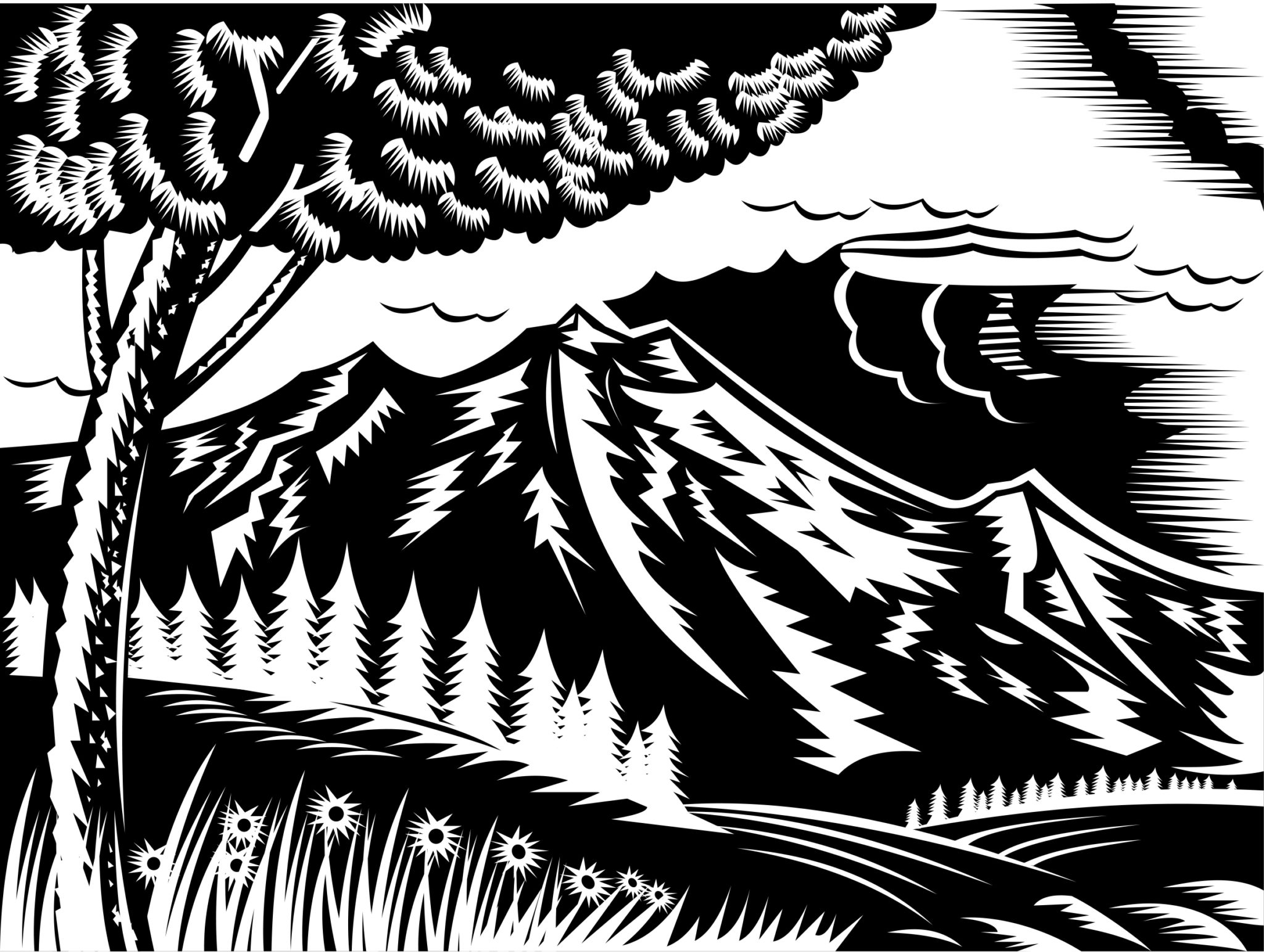Today’s post by Randy Ingermanson – “the Snowflake Guy” originally appeared on his site, Advanced Fiction Writing. Need to learn how to structure a scene or just a refresher, then this article is for you!
~ * ~
Writing The Perfect Scene
Having trouble making the scenes in your novel work their magic? In this article, I’ll show you how to write the “perfect” scene.
Maybe you think it’s impossible to write the perfect scene. After all, who can choose every word perfectly, every thought, every sentence, every paragraph? What does perfection mean, anyway?
Honestly, I don’t know. Perfection is in the eye of the beholder. Style is a matter of taste.
But structure is pretty well understood. Maybe you can’t write the perfectly styled scene. But you can write the perfectly structured scene. And that’s a whale of a lot better than writing a badly structured scene.
The Two Levels of Scene Structure
A scene has two levels of structure, and only two. They are:
- The large-scale structure of the scene
- The small-scale structure of the scene
This may seem obvious, but by the end of this article, I hope to convince you that it’s terribly profound. If you then want to fling large quantities of cash at me in gratitude, please don’t. I’d really rather have a check. With plenty of zeroes. I am going to steal insights from Dwight Swain’s book, Techniques of the Selling Writer. This is quite simply the finest book ever written on how to write fiction. If you don’t have this book, you are robbing yourself blind. I will be giving you the high points in this article, but there is really no substitute for reading the book and digesting it.
Before we begin, we need to understand how we keep score. How do we know what perfection is? The answer is based on understanding your reader’s motivation for reading.
Your reader is reading your fiction because you provide him or her with a powerful emotional experience. If you’re writing a romance, you must create in your reader the illusion that she is falling in love herself. If you’re writing a thriller, you must create in your reader the illusion that he is in mortal danger and has only the tiniest chance of saving his life (and all of humanity). If you’re writing a fantasy, you must create in your reader the illusion that she is actually in another world where all is different and wonderful and magical. And so on for all the other genres.
If you fail to create these emotions in your reader, then you have failed. If you create these emotions in your reader, then you have succeeded. The better you create the desired emotional experience in your reader, the better your fiction. Perfection in writing comes when you have created the fullest possible emotional experience for your reader.
Read the full post on Advanced Fiction Writing.
~ * ~
If you liked this article, please share. If you have suggestions for further articles, articles you would like to submit, or just general comments, please contact me at paula@publetariat.com

